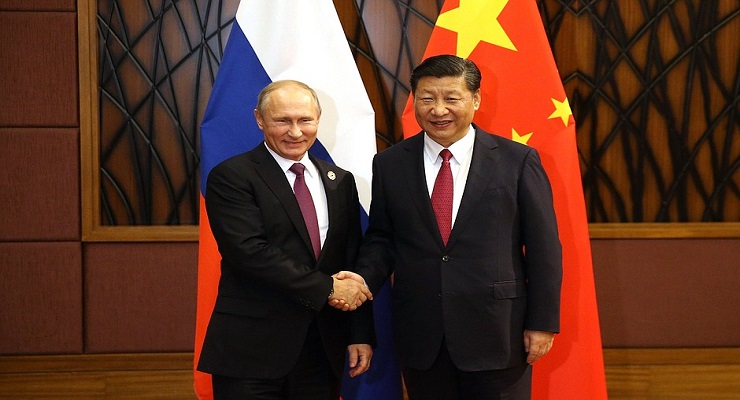
Mira Rapp-Hooper is Stephen A. Schwarzman Senior Fellow for Asia Studies at the Council on Foreign Relations. She argues in Foreign Affairs that “power is the organizing principle of international politics. That endows the United States with an extraordinary ability to coerce others—that is, to make them follow its lead through a mix of inducements and penalties. As a result, Washington has had a unique ability to promote its political and economic agenda abroad”. Rapp Hooper argues further that,
American power is being challenged by rivals, such as China, that are keen to replace Washington as the one to write the rules of global conduct…In international relations, power is influence over outcomes. It takes many forms, from military to diplomatic, and its distribution among states is always uneven, usually favoring the materially endowed. Whether in the Roman Empire, the Chinese tribute system, or the Concert of Europe, the strongest and richest states sat atop the system, set the terms of its governance, and reaped disproportionate benefits—including the power to induce, coax, and threaten less powerful actors to bend to the leader’s will.
Democracy Digest then notes observers have suggested that “there is a pronounced ideological dimension to the new great power competition, observers suggest…. A complex, and more thoroughly ideological set of theories underpins the justification for Xi Jinping’s rule, notes Richard McGregor, a senior fellow at the Lowy Institute in Sydney and the author of numerous books on East Asia, including The Party: The Secret World of China’s Communist Rulers, and most recently, Xi Jinping: The Backlash.
Read more here.
Leave a Reply